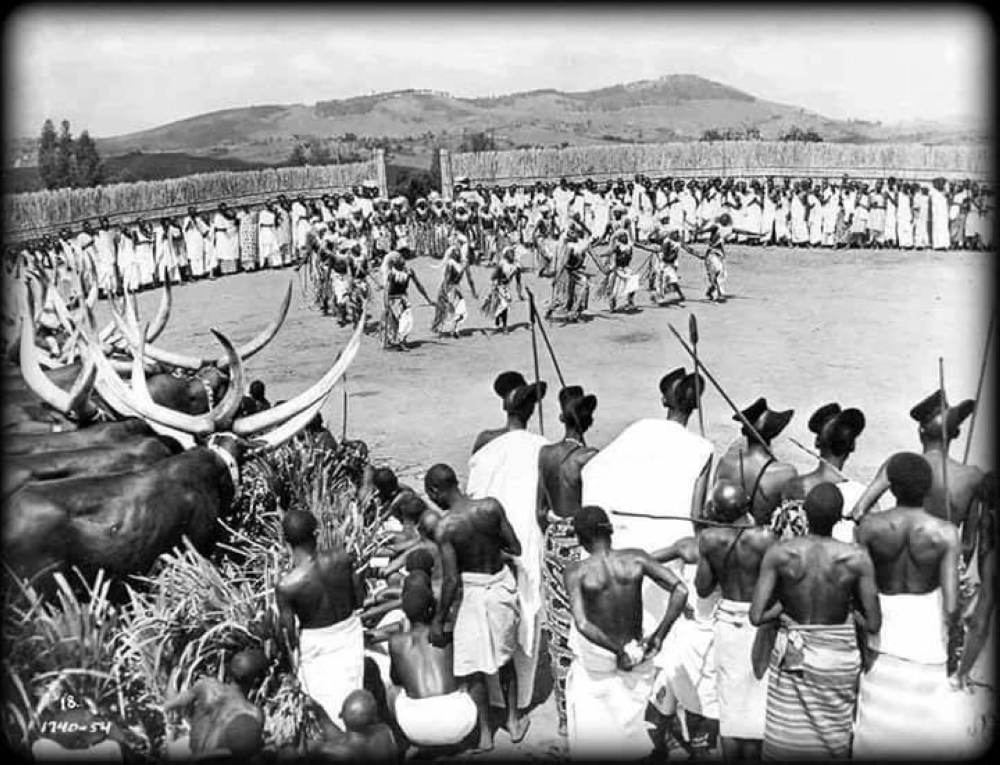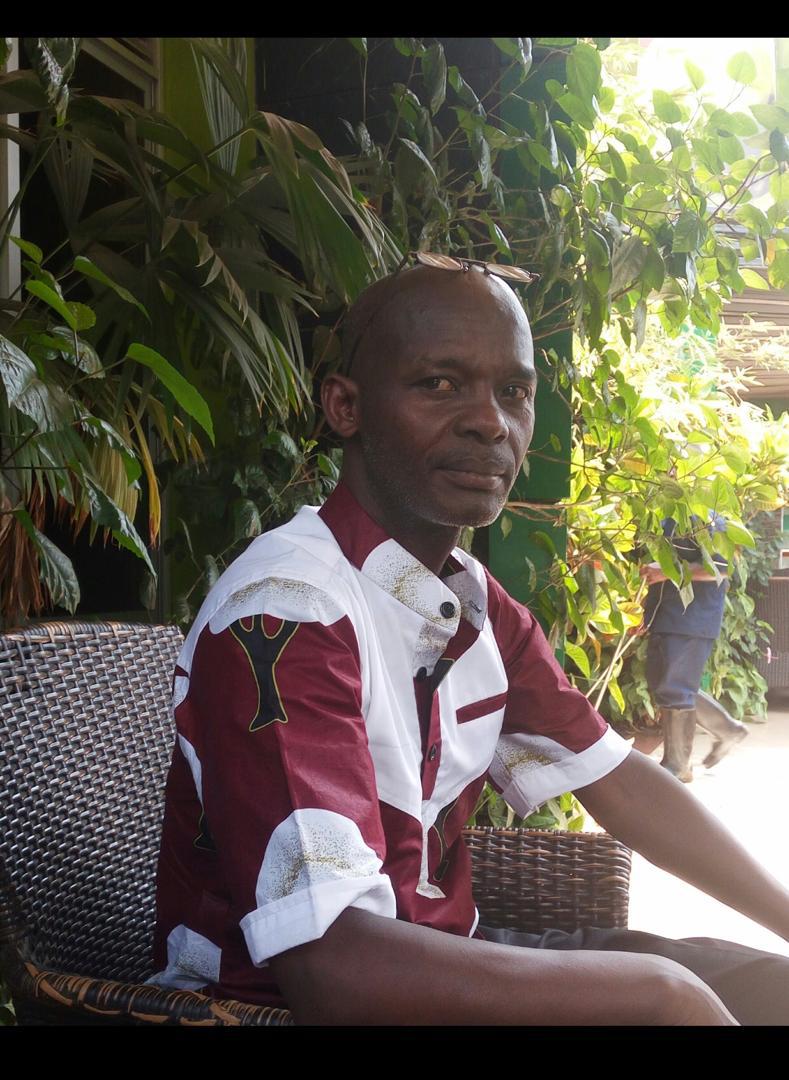

Dr. John Henrik Clark once said, "History is a clock that people use to tell their political and cultural time of the day. It is also a compass that people use to find themselves on the map of human geography. The role of history is to tell people what they have been, what they are, and where they are going.”
As Rwandans, history once told us that we were brothers, and oral traditions provide ample evidence of this brotherhood. However, during the colonial period, a new narrative emerged—one that falsely claimed we were not siblings.
This divisive narrative, which sought to separate a unified people, introduced the concept of "settlers” and "natives.” According to this so-called "scientific" explanation, Rwanda’s population consisted of Tutsi settlers and Hutu natives.
This narrative further categorised clans into either settlers or natives, creating artificial distinctions where none existed.
For example, the children of Gahutu from the Basinga clan were labelled as natives, while their brothers from the Abega clan were classified as settlers.
Similarly, the Batsobe clan was designated as settlers, while their brothers from the Abazigaba and Abacyaba clans were considered natives—all of whom descended from Gihanga, the founding father of Rwanda.
In this article, we will set aside these false "scientific” discoveries and turn to oral history. Our aim is to show that the Bashambo, who were labelled as settlers, and the Babanda, who were called natives, are in fact siblings who share the same ancestor.
This reveals the truth that in pre-colonial Rwandan society, there were no settlers or natives—these distinctions were introduced by colonial scholars as part of their divide-and-rule strategy.
Oral history tells us that Gihanga, the founding father of Rwanda, had five children: Nyirarucyaba, the eldest daughter; Sabugabo, the eldest son; Gahima, Mugondo, and Gashubi. Both the Bashambo and Babanda clans trace their lineage to Sabugabo.
Colonial scholars had access to this information from Rwandan elders, but they deliberately distorted the narrative. Instead of transmitting the truth, they promoted a version of history that divided the Bashambo and Babanda, claiming the former were settlers (Tutsis) and the latter were natives (Hutus).
Father Léon Delmas, in his book Généalogies de la noblesse (Batutsi) du Rwanda, writes that the Babanda "don’t know their genealogy; they are not considered as autochthones. No one knows where they come from.”
However, he also acknowledges that they were present in Rwanda before the so-called arrival of the Tutsis. This contradiction exemplifies how colonial literature muddled the truth and hindered future research on the origins of these clans.
Every member of the Bashambo clan knows that they are descendants of Sabugabo, son of Gihanga. Likewise, every member of the Babanda clan will tell you that Kibanda, their ancestor, was the son of Mashira, who was the son of Nkuba, and Nkuba was also the son of Sabugabo.
Even scholars who propagated the false triad of Gahutu, Gatwa, and Gatutsi as the three children of Gihanga acknowledge in their writings that Sabugabo was a true son of Gihanga.
Some, like Father Delmas, deny the Babanda’s descent from Gihanga, though he admitted that "some Babanda consider themselves descendants of Gihanga, which is false.” He had the information but chose to ignore it.
In contrast, Father Alexis Kagame, a prominent historian, recognized that both the Bashambo and Babanda are descendants of Gihanga. This raises a crucial question: how can both clans, descendants of Sabugabo, be divided into settlers (Batutsis) and natives (Bahutus)?
Colonial scholars never provided a clear explanation, and their writings were intended to serve colonial interests by creating division, not to reveal the truth.
Oral history tells us that Sabugabo, the eldest son of Gihanga, believed he would succeed his father. However, Gihanga chose Gahima to lead instead. Discontent, Sabugabo attempted to overthrow his brother but eventually fled to Butumbi in northern Uganda.
In Butumbi, Sabugabo became a servant in the palace of King Kajuga. He married Kajuga’s daughter, and they had two sons, Mushambo and Nkuba.
Nkuba’s descendant, Mashira, later served under King Nsoro Bihembe of Bugesera before establishing himself in Nduga, near present-day Nyanza. Kibanda, Mashira’s son, became the forefather of the Babanda clan.
Meanwhile, the Bashambo remained in Butumbi, becoming a prominent family in Ndorwa. Both clans are united by their common ancestry through Sabugabo, and they share the same totem, the lion.
How, then, can we accept the absurd colonial myth that Kibanda was a native and his ancestor, Sabugabo, was a settler? It is a clear contradiction, but one that colonial scholars wanted us to believe.
The Bashambo and Babanda are not Tutsis or Hutus; they are siblings from the same lineage, members of the Abanyiginya clan, and descendants of Gihanga, the founding father of Rwanda.
In our next article, we will explore the fascinating story of the Abungura clan, further debunking the myth of ethnic divisions in ancient Rwanda.
Until then, stay blessed and united.


